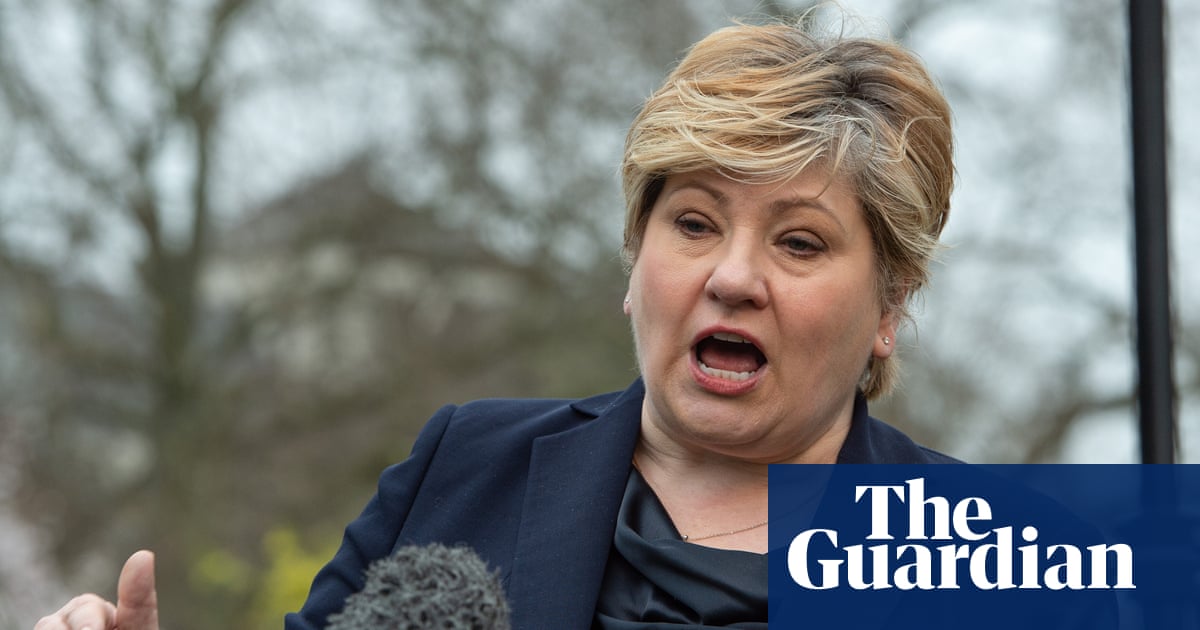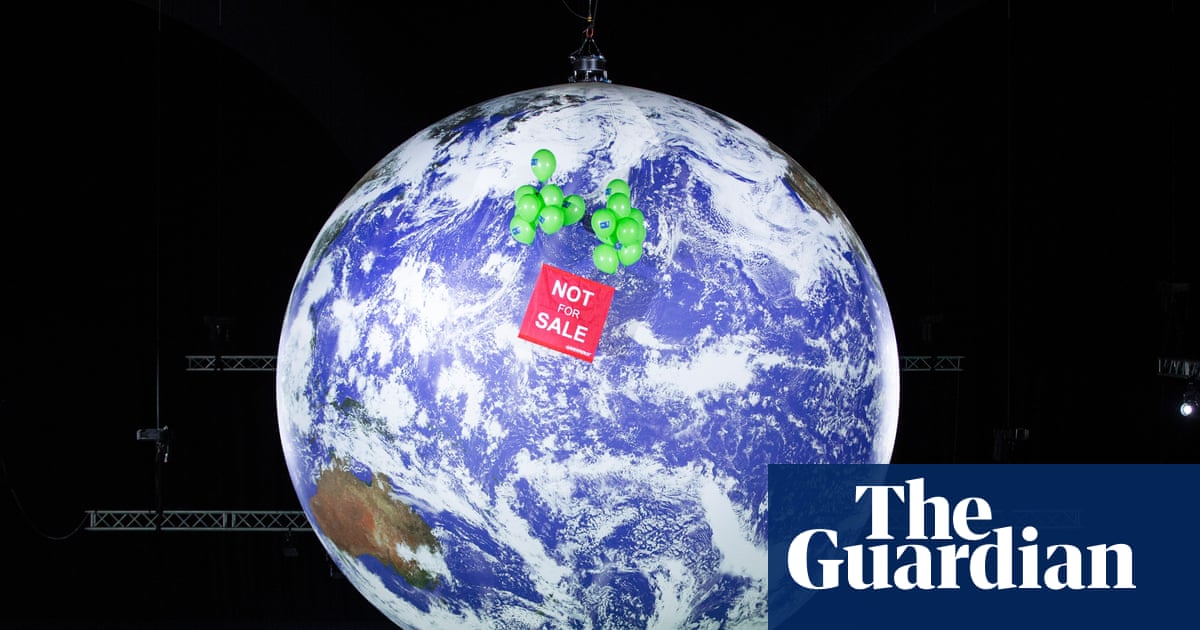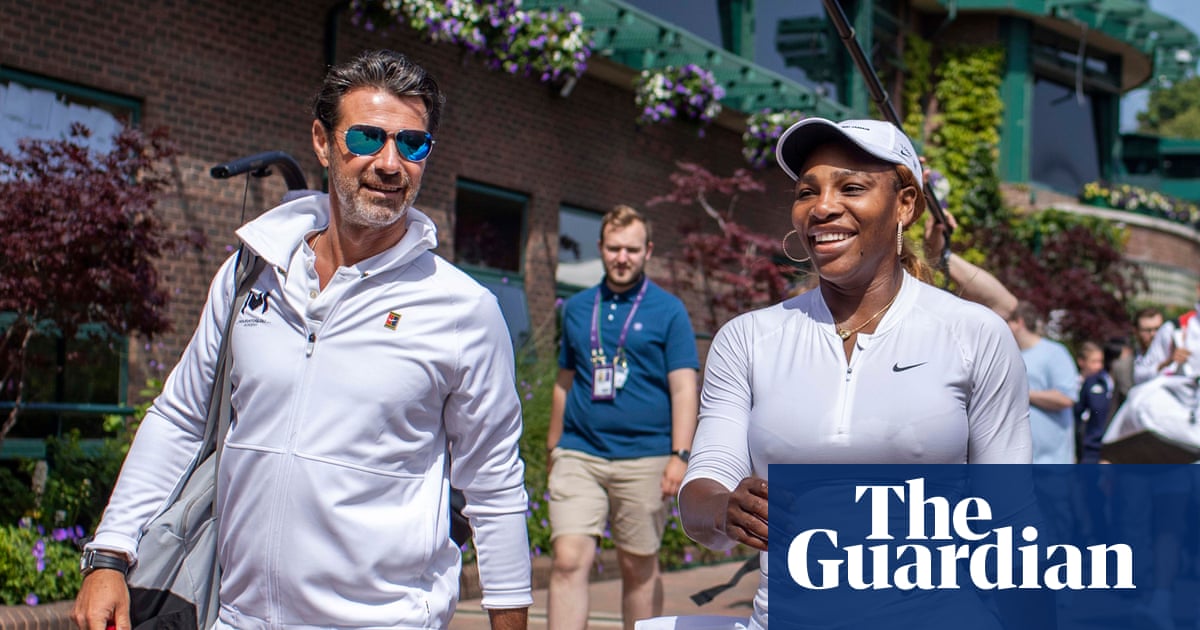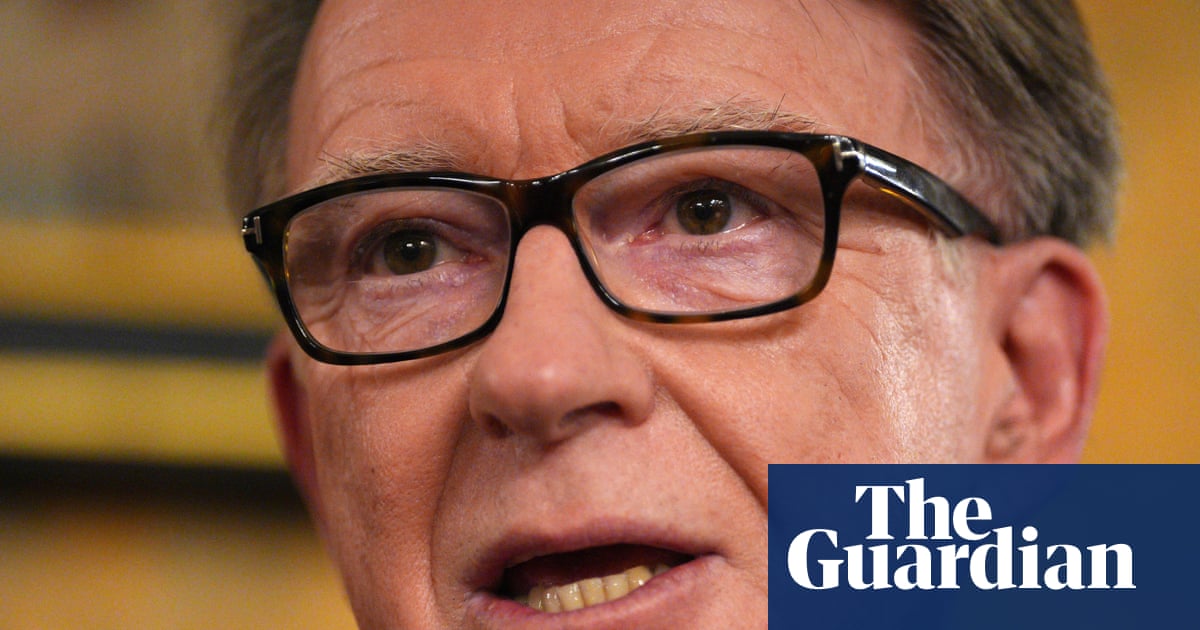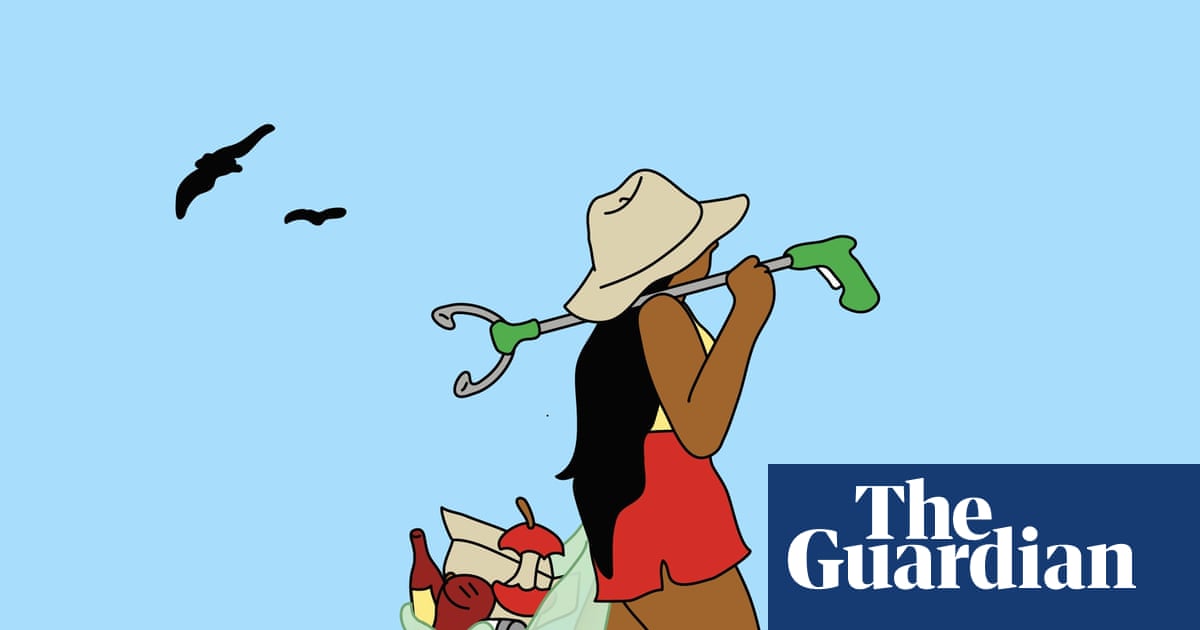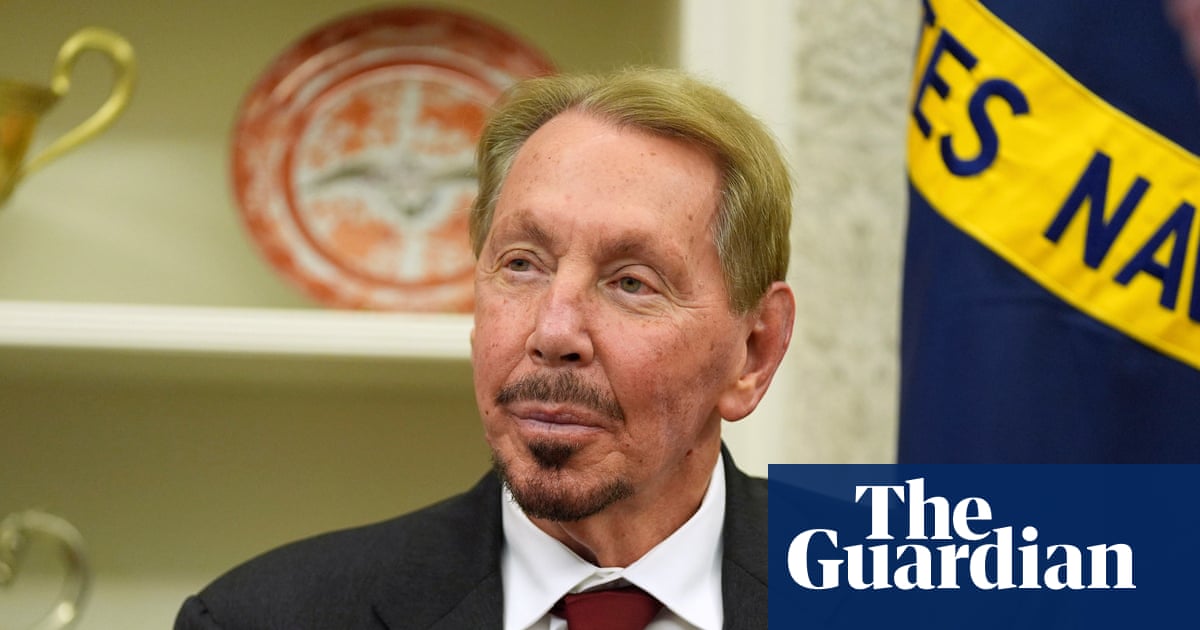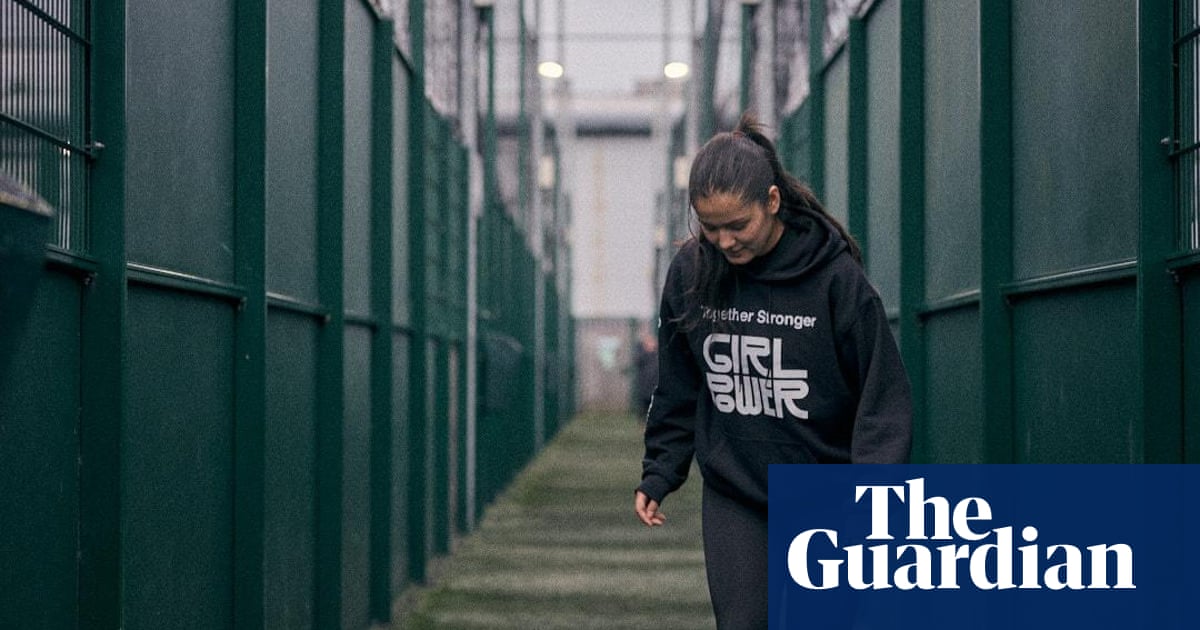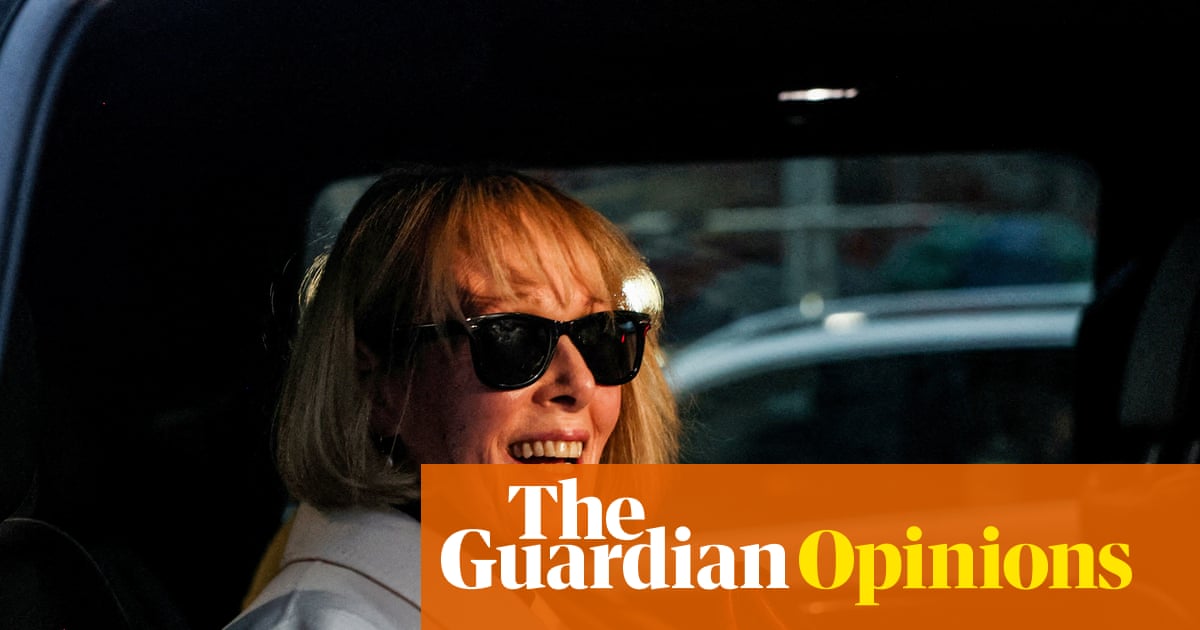Reeves eyes Gulf trade pact as UK government’s ‘next deal’ after EU summit
Rachel Reeves said the UK government is closing in on a trade pact with six Gulf nations, including Qatar and Saudi Arabia, as its next major deal.
The chancellor told the BBC the agreement would be the government’s “next deal” as it looks to boost trade ties following Brexit.
Reeves suggested economic growth would be strengthened through recent trade deals with the United States, the EU and India, all inked within a fortnight.
Britain is in a better place than any other country in the world in terms of deals with those countries.
The first deal and the best deal so far with the US, we’ve got the best deal with the EU for any country outside the EU, and we’ve got the best trade agreement with India.
The chancellor also said the UK was “not looking to have trade negotiations with China”.
In early April, foreign secretary David Lammy said Labour was continuing discussions with the Gulf over a trade deal, which were started by the previous Conservative government.
Reeves’ comments come after a new trade deal with Brussels was struck on Monday.
The Prime Minister hailed his deal, set out at a summit in London, as a “win-win” for both parties, which would be the start of a “new era” in the UK-EU relationship.
The wide-ranging deal will allow more British travellers to use passport e-gates when going on holiday to Europe, while farmers will get swifter, easier access to trade on the continent as a result of an agreement on animal and plant product standards.
A “youth experience scheme” allowing young Britons to study and live in Europe, and a new security and defence partnership were also agreed.
But the deal has been met with criticism after the UK agreed to grant European fishing trawlers a further 12 years’ access to British waters.
Sir Keir Starmer hailed a “mood change” in the relationship with the bloc, saying: “The EU and the UK wanting to work together, all of us prepared to say let yesterday be yesterday, we are looking forward to tomorrow.
We are not going to litigate old arguments, we are going to go forward in the spirit of what we do together, we do better.
Conservative party leader Kemi Badenoch said, however:
This deal will mean Britain becoming a rule-taker, accepting dynamic alignment, giving up fishing rights and paying new money to the EU.
Nobody has lost more than the fishermen.
Key events Show key events only Please turn on JavaScript to use this feature
Vodafone slumps to loss after writedowns
Vodafone has fallen into the red after taking a €4.5bn hit from writedowns on its businesses in Germany and Romania, but said it expected to return to top-line growth in Germany, its biggest market.
The mobile phone giant made a pre-tax loss of €1.5bn in the year to 31 March, against a profit of €1.6bn the previous year. It took impairment charges of €4.4bn on its struggling German division and €165m on its Romanian business. Revenues rose by 2% to €37.5bn.
Chief executive Margherita Della Valle was upbeat, though.
We have reshaped Europe, we are seeing the positive impact of our drive for customer satisfaction in all our markets - most noticeably in the UK and Germany - and we have delivered strong operational improvements across the business. Clearly there is much more to do, but this period of transition has repositioned Vodafone for multi-year growth.
Looking ahead, we expect to see broad-based momentum across Europe and Africa, and for Germany to return to top-line growth during this year. This is reflected in our guidance for profit and cash flow growth for the year ahead.
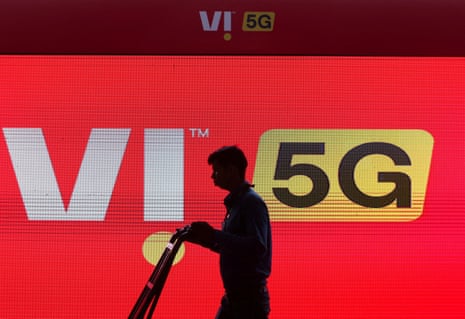
Introduction: China and Australia cut interest rates; Greggs sales improve as Mac and Cheese goes viral
Good morning, and welcome to our rolling coverage of business, the financial markets and the world economy.
China’s and Australia’s central banks have both cut interest rates to stimulate their economies and cushion the impact of US trade tariffs.
China cut its benchmark lending rates for the first time since October, following Beijing’s sweeping monetary easing measures. The People’s Bank of China reduced the one-year loan prime rate by 10 basis points to 3.0%, and the five-year loan prime rate was cut by the same amount to 3.5%.
The lending rate cut was announced just after five of China‘s biggest state-owned banks trimmed their deposit interest rates. Industrial and Commercial Bank of China, Agricultural Bank of China, China Construction Bank and Bank of China reduced their deposit rates by 5-25bps.
Global investment banks have upped their forecasts for China’s economic growth this year, after Beijing and Washington agreed to a 90-day pause on tariffs, despite ongoing uncertainty around the trade negotiations.
China’s president Xi Jinping called for continuous efforts to build a stronger manufacturing industry, the official Xinhua news agency reported. Xi stressed the need for the country to be self-reliant and to master key technologies, as he visited a bearings manufacturer in China’s central Henan province.
Marco Sun, chief financial market analyst at MUFG Bank, said the rate cuts were aimed at boosting credit lending and stimulating consumption.
The central bank is likely to switch to a wait-and-see approach in coming months unless external geopolitical risks deteriorate enough to extinguish hopes that the economy can stabilise.
The Shanghai and Shenzhen exchanges rose by 0.4% and 0.8%, while the Australian stock market advanced by 0.6% and Japan’s Nikkei was little changed.
The Reserve Bank of Australia cut its cash rate by 25bps to a two-year low of 3.85% at its May meeting, the first rate cut since January. The Australian dollar fell after the decision was announced. The central bank said:
Inflation is in the target band and upside risks appear to have diminished as international developments are expected to weigh on the economy.
The board assesses that this move will make monetary policy somewhat less restrictive. It nevertheless remains cautious about the outlook.
Britain’s biggest bakery chain Greggs said sales growth picked up in the past five months, as its newly launched Mac and Cheese went viral on TikTok.
The company, famous for its sausage rolls and vegan alternatives, said like-for-like sales (at outlets open at least a year) rose by 2.9% in the first 20 weeks of 2025. In the first nine weeks sales had disappointed with a 1.9% rise, its worst performance since the pandemic, for which it blamed bad weather and a tough macroeconomic backdrop.
After an initial trial last year, its made-to-order range, including chicken burgers, wraps and fish finger sandwiches is now sold in more than 300 shops across the country.
Greggs opened 66 new shops, which means it now has 2,638 outlets, as it aims to launch up to 150 over the year.
The Agenda
-
9am BST: Bank of England chief economist Huw Pill speech
-
10am BST: Eurozone construction output for March

 3 months ago
74
3 months ago
74

